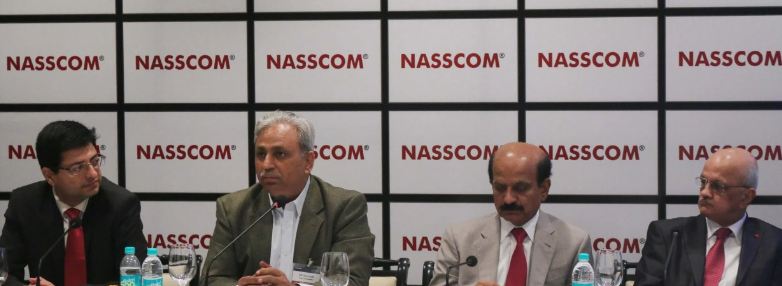NEW DELHI: As the new coronavirus pandemic hits enterprises and individuals alike — businesses large and small shut their doors and millions retreat to enforced isolation — the magnitude of the crisis confronts corporate leaders with the economic challenge of a lifetime, a new report has stressed.
Many employees and their families are suffering from isolation and loss of income, leaving them thinking about what is truly important. “Crisis leaders’ actions now can foster collective unity and a sense of belonging. When those decisions derive from the principles and purpose that an organization stands for it will make it easier to convey confidence in positive outcomes, even when decisions are painful ones,” said the report by McKinsey & Company.
Coronavirus job losses could total 47 million and the unemployment rate may hit 32 percent in the US, according to Fed estimates. In India, a staggering 136 million jobs are at immediate risk, say estimates based on National Sample Survey (NSS) and Periodic Labour Force Surveys (PLFS) data.
In such a scenario, “executives are uniquely poised at this pivotal time to bring corporate power, guided by social purpose, to the aid of millions of dislodged and vulnerable lives,” the report said.
Done well, their actions in this crisis can bridge, in unprecedented ways, the divide between shareholders and stakeholders in the communities they serve — and leave a lasting, positive legacy on their corporate identity, it added.
“Examine exactly what is at stake for your employees, communities, customers, partners, and owners. All will have urgent, rapidly evolving needs that you should fully understand and prioritize. Some of these needs will be new and require creative thinking,” the findings showed.
Prepare for tension, too, as trade-offs arise among stakeholder groups, each with their own important needs. For example, increasing the pay of frontline workers might raise the prospect of cutting back on supplier bills.
“For retailers and delivery services, shutting down warehouses temporarily to keep workers safe might mean customers have to wait longer for deliveries,” said the report. “At some point, the COVID-19 crisis will pass. Households and companies alike will take stock of their losses and begin to rebuild. Acting in concert with the tenets of your organisation’s purpose will help balance these perspectives and demonstrate confidence in your company’s ability to deliver a good outcome,” the report elaborated.







